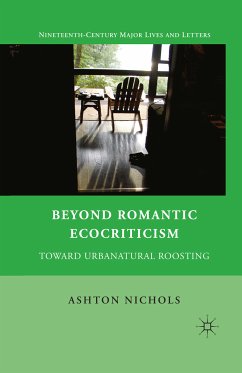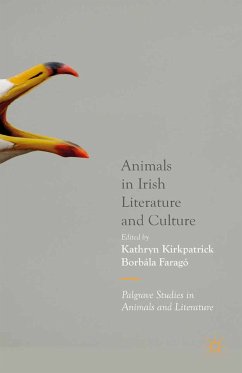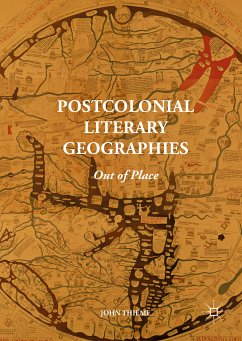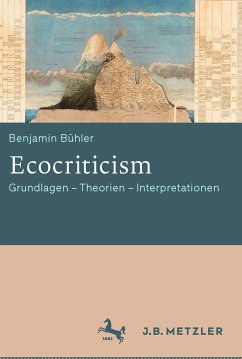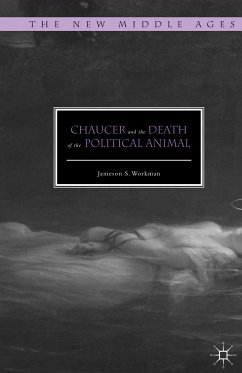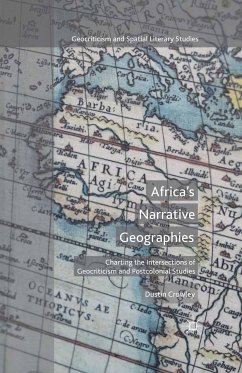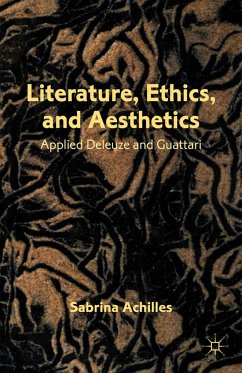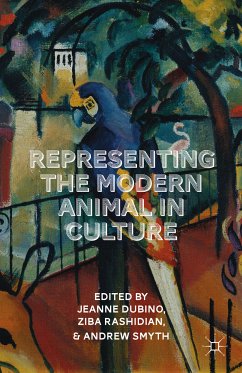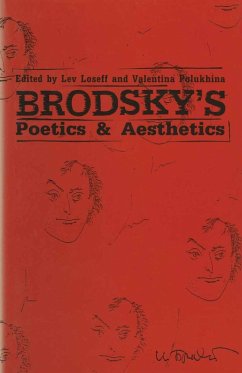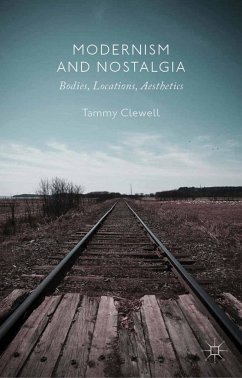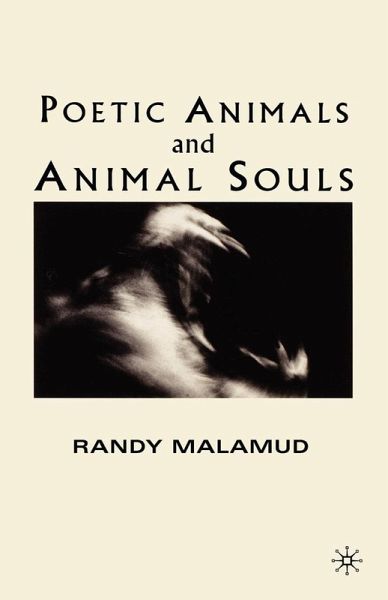
Poetic Animals and Animal Souls (eBook, PDF)
Versandkostenfrei!
Sofort per Download lieferbar
40,95 €
inkl. MwSt.
Weitere Ausgaben:

PAYBACK Punkte
20 °P sammeln!
This book offers a new paradigm for reading and appreciating animals in literature and addresses how human culture views animals in poetry. Part one sets up a theoretical overview and posits some aesthetic and ethical ideals for transposing animals into art, while part two presents a more focused practical application of these ideals in one strain of animal poetry (as seen in the works of Marianne Moore, José Emilio Pacheco, Gary Snyder, Pattiann Rogers and others). The poetry analyzed in the book is respectfully and non-invasively insightful into animals; it is tinged with a distancing, and ...
This book offers a new paradigm for reading and appreciating animals in literature and addresses how human culture views animals in poetry. Part one sets up a theoretical overview and posits some aesthetic and ethical ideals for transposing animals into art, while part two presents a more focused practical application of these ideals in one strain of animal poetry (as seen in the works of Marianne Moore, José Emilio Pacheco, Gary Snyder, Pattiann Rogers and others). The poetry analyzed in the book is respectfully and non-invasively insightful into animals; it is tinged with a distancing, and a kind of spiritual awe, regarding their existence.
Dieser Download kann aus rechtlichen Gründen nur mit Rechnungsadresse in A, B, BG, CY, CZ, D, DK, EW, E, FIN, F, GR, HR, H, IRL, I, LT, L, LR, M, NL, PL, P, R, S, SLO, SK ausgeliefert werden.



